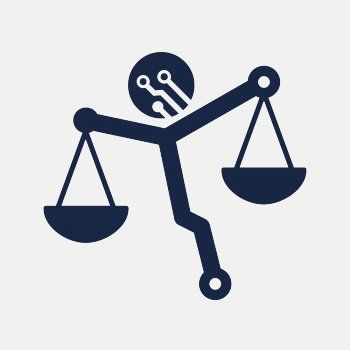AI for English Law - Work Package Four - Coordinating Skill Investment and Tech Transfer
Technological innovation in AI and big data analytics is disrupting markets for high-value services (law, accountancy and insurance) very rapidly. Yet there is a striking lack of empirical research to inform policy governing how UK labour markets and supply chains will imminently need to adapt in order to meet the technology transfer and skill challenges that face the nation’s high-value professional services. This void in knowledge about existing and changing contours of the UK business environment from which legal services, accountancy and insurance firms draw technological innovation and supporting workforce skills is a key impediment to the successful adoption of AI and big data solutions. If the UK is to retain an international comparative advantage in this area, then dynamic and evidence-based strategies are needed to ensure that the UK business environment for high-value professional services can adapt to and support new demands for skill investment and technology transfer across sector ecosystems and supply chains.
WP4 seeks to resolve this by examining the current landscape in the UK and abroad for how firms and public institutions are incorporating new AI technologies from university and start-up ecosystems and developing skilled talent in order to innovate and work with new technologies. By looking at the limitations of existing secondary data sources, WP4 also lays the foundation for a technology and skills digital data platform which will be presented as a complementary future Next Generation Services Colaborative Research & Development (CR&D) project bid. Key research questions include:
- Skills composition. What is the composition of occupational skils in the UK high-value services sector; how does this compare with dynamics in competitor countries (the EU27, the United States, Singapore and Hong Kong)?
- Skills transfer. What are the dynamics of labour mobility and skills transfer between these sectors (and additionally technology sectors such as computer programming and software engineering) across those geographical locations?
- Coordination for legal services. What are coordinating mechanisms for tech transfer between university/start-up ecosystems and the legal services sector are emerging in London, New York, Singapore, Hong Kong and Frankfurt? What skills policies and coordinating mechanisms for skill investment are in place in these locations?

